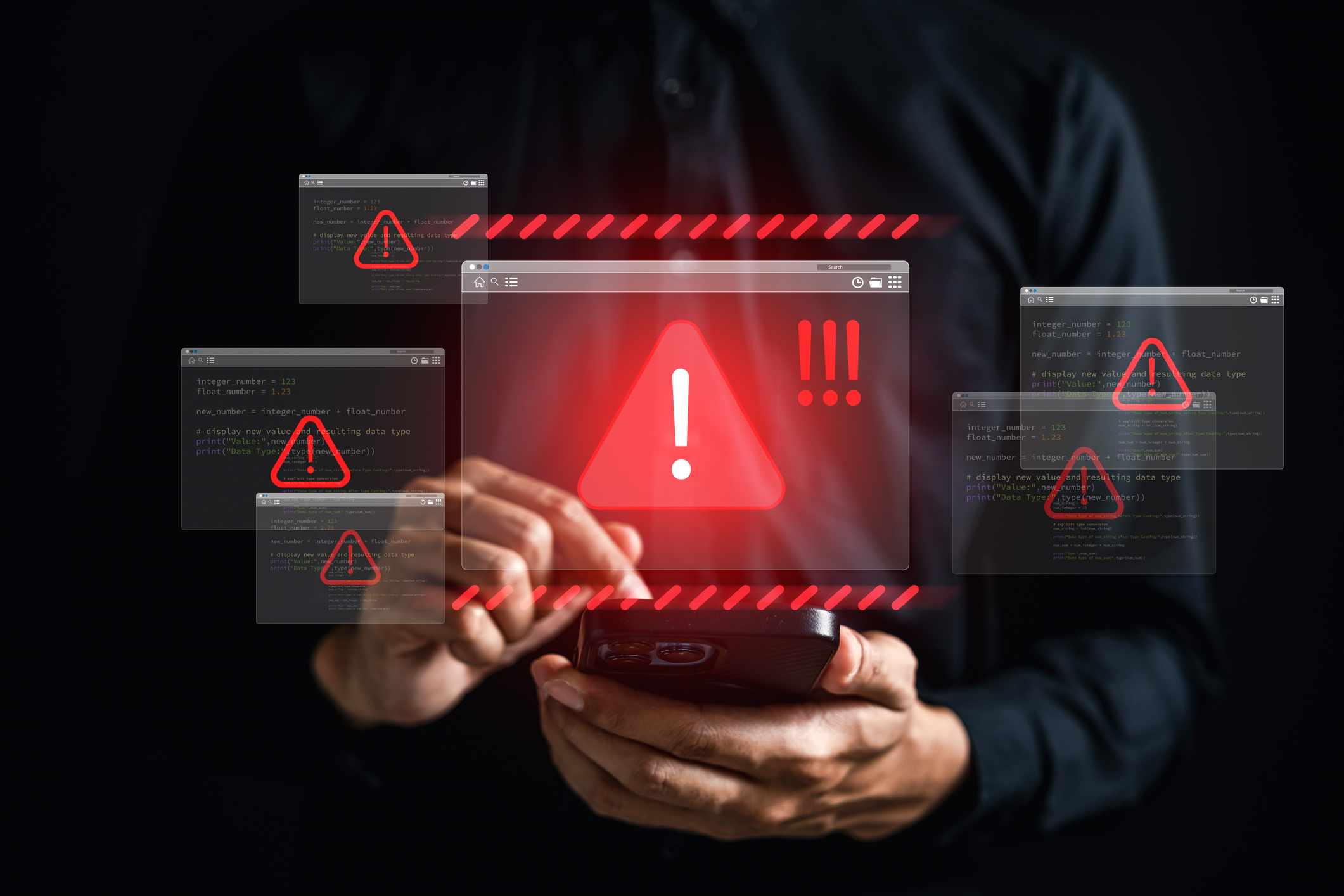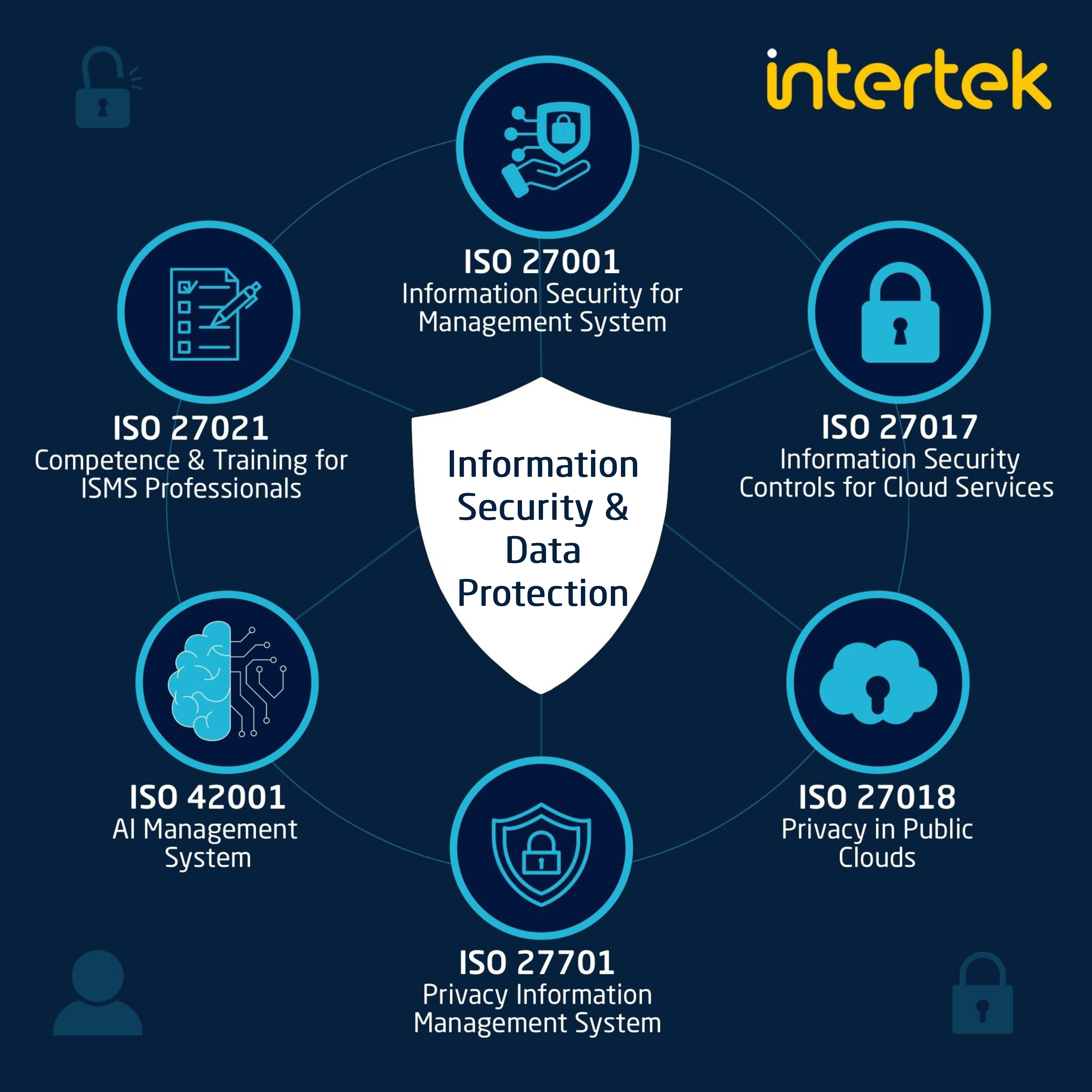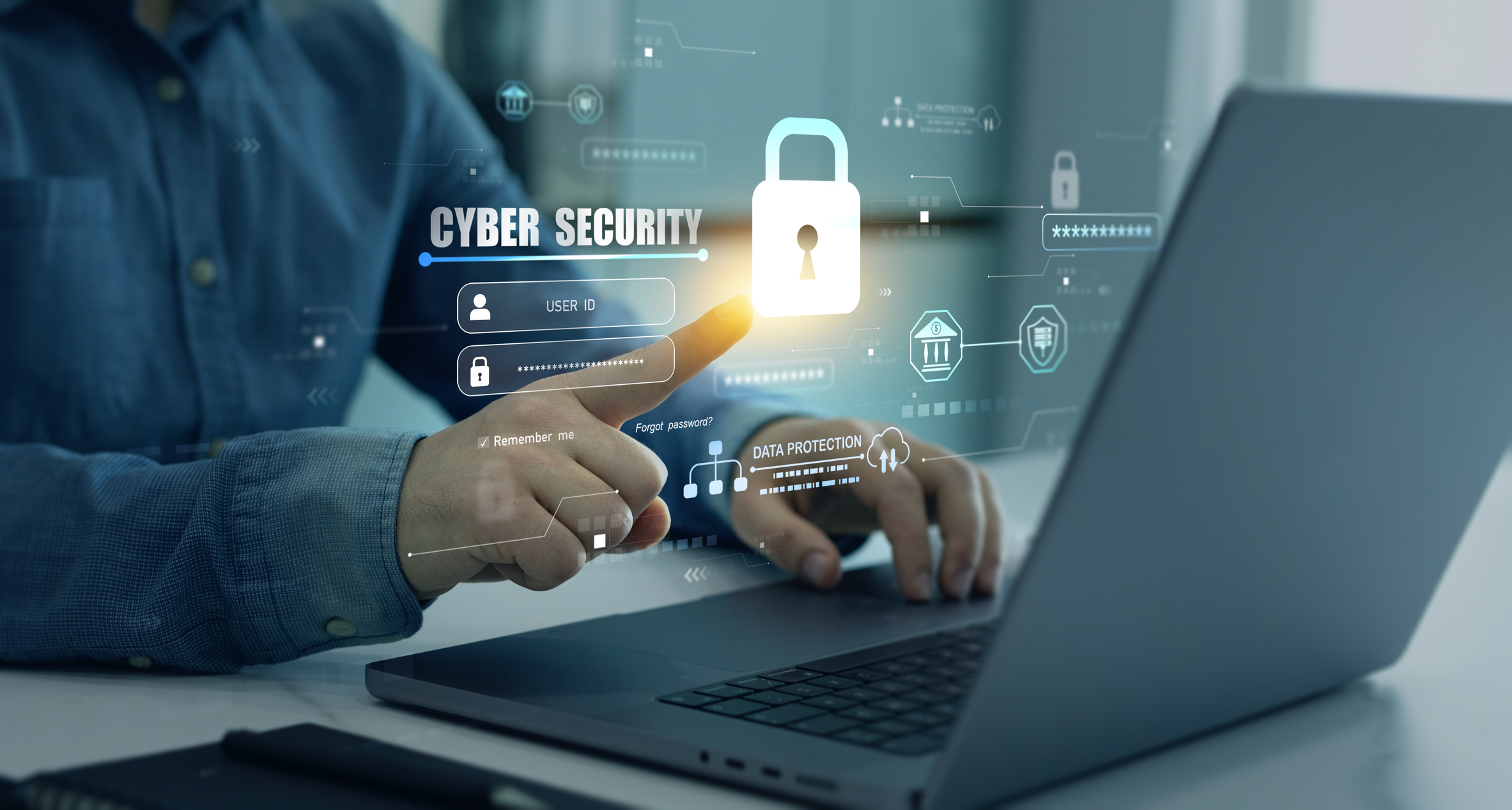Airports grounded. Hospitals locked out of patient records. Retail and e-commerce platforms blocked out. Billions wiped off company valuations in hours.
These are not isolated incidents; they are part of a bigger reality shaping the global business landscape in 2025. Cyber threats have become one of the most serious risks organisations face, and their impact reaches far beyond the IT department.
The UK Government recently issued a letter to company Chairs and Chief Executives, urging them to treat cybersecurity as a strategic board-level priority. With attacks becoming more frequent and sophisticated, the government emphasised that while national support remains available, businesses must take full responsibility for their own resilience to protect the wider economy and public interest.
In just the first half of this year, global organisations have experienced a 47% surge in weekly cyberattacks. Ransomware incidents have more than doubled, and the financial and reputational consequences of breaches now impact every part of a business, from disrupted supply chains to public safety risks.

A boardroom issue, not an IT problem
For years, cybersecurity was treated as a technical function, often delegated down the organisation. That mindset is changing fast. Today, information security consistently ranks among the top three concerns for CEOs and boards, alongside market volatility and geopolitical risk.
The reason is simple: a single breach can halt operations, trigger regulatory action, damage customer trust, and erase years of brand equity. It is no longer about whether a company might be targeted; it is about how well prepared it will be when it is targeted.
Leaders now recognise that information security is fundamental to business continuity, resilience, and growth. It is as strategic as financial governance or market expansion.
Building resilience through global standards
At the core of any strong defence lies a structured Information Security & Data Protection framework. Standards like ISO/IEC 27001 provide the foundation for managing risk and embedding information security into governance and culture. But the information security ecosystem extends much further, addressing cloud security, privacy, competence, and even AI governance:
- ISO 27001 – Information Security Management System
- ISO 27017 – Information Security Controls for Cloud Services
- ISO 27018 – Privacy in Public Clouds
- ISO 27701 – Privacy Information Management System
- ISO 27021 – Competence & Training for ISMS Professionals
- ISO 42001 – Artificial Intelligence Management System
- ISO 22301 – Business Continuity Management System
Together, these standards help organisations:
- Protect critical data and digital assets
- Meet regulatory and customer requirements
- Strengthen resilience against evolving threats
- Build trust with customers, partners, and stakeholders

How Intertek supports this journey
At Intertek, we help organisations strengthen their defences and embed a culture of information security and data protection. Our global services span both traditional ISMS frameworks and emerging AI and cyber resilience solutions, including:
Information Security & Data Protection Services
- Employee awareness, competence, and training programmes (aligned with ISO 27021)
- Readiness assessments and gap analysis according to ISO 27001 Information Security Management Systems requirements
- Auditing, certification, and driving continual improvement
- Knowledge transfer and capacity-building initiatives
- Integration of ISMS auditing with other relevant standards, such as ISO 27701, ISO 22301 and others
- Continuous monitoring and risk-based improvement
AI & Cyber Assurance Services
- AI Red Teaming: Active testing of AI systems using proprietary large language model (LLM) testing tools
- AI Governance & Ethics: Implementation aligned with ISO 42001 and the EU AI Act
- Ransomware Resilience & Red Teaming: End-to-end simulation of ransomware attacks to test defences under real-world conditions
- Supply Chain Cyber Assurance: Comparative testing across vendors and partners, with Power BI analytics and corrective action tracking
- IoT Security: Penetration testing and ethical hacking for connected devices (Bluetooth/Wi-Fi)
- Info Stealer Protection: Dark-web scanning for stolen credentials and sensitive data
- Post-Quantum Risk Assessment: Preparing organisations for next-generation encryption challenges
Our goal is to help businesses move from reactive defence to proactive resilience, positioning cybersecurity not just as compliance but as a strategic enabler of trust, innovation, and sustainable growth.

The leadership decision that cannot wait
Cyber risk is now a leadership issue; one that demands board-level attention and long-term commitment. In a world where the question is no longer if but when an attack will occur, building a robust Information Security & Data Protection system is one of the smartest strategic decisions any CEO can make.
Contact us to explore how Intertek can support your organisation’s cybersecurity and data protection journey.
- https://www.intertek.com/assurance/iso-27001/
- https://www.intertek.com/assurance/iso-iec-27701/
- https://www.intertek.com/iot/cybersecurity/advisory/
- https://www.intertek.com/assurance/iso-22301/
- https://www.intertek.com/iot/cybersecurity/
- https://www.gov.uk/government/publications/ministerial-letter-on-cyber-security-to-leading-uk-companies/ministerial-letter-on-cyber-security












/Passle/5e4a7839abdfeb03584d01f6/SearchServiceImages/2026-02-16-20-41-14-045-699380eaf15a712545f5e33d.jpg)
/Passle/5e4a7839abdfeb03584d01f6/SearchServiceImages/2025-02-14-21-32-49-005-67afb681bf3dfe041fe5a4fc.jpg)
/Passle/5e4a7839abdfeb03584d01f6/MediaLibrary/Images/2025-06-19-17-29-48-383-6854490cf62ee5a43b81c17f.jpg)
/Passle/5e4a7839abdfeb03584d01f6/SearchServiceImages/2026-02-17-14-12-50-803-69947762b849a0bd414e259c.jpg)
/Passle/5e4a7839abdfeb03584d01f6/SearchServiceImages/2026-02-16-20-54-01-203-699383e92a3147bfceee0000.jpg)